THE DOORS' RAY MANZAREK REMEMBERED
Por um escritor misterioso
Descrição
Today (February 12th) marks what would have been the 81st biirthday of co-founding Doors' co-founder and keyboardist Ray Manzarek. Manzarek died on May 20th, 2013 at age 74 in Rosenheim, Germany at the RoMed Clinic following a long battle with bile duct cancer. Manzarek was surrounded by his wife Dorothy and his brothers Rick and James Manczarek. Manzarek is survived by Dorothy, their son Pablo, his wife Sharmin, and their three children Noah, Apollo, and Camille. Coming to theaters worldwide for one-night-only tonight (February 12th) is The Doors: Break on Thru - A Celebration Of Ray Manzarek. The feature is an all-star hybrid concert/documentary filmed in 2016 at L.A.'s Fonda Theatre, featuring the surviving members Doors -- guitarist Robby Krieger and drummer John Densmore -- who performed with each other on stage for the first time in 15 years to celebrate Manzarek's live and work. Also appearing is Foo Fighters' Taylor Hawkins and Rami Jaffee, Stone Temple Pilots' Robert DeLeo, Paul McCartney's Brian Ray, X's Exene and John Doe, Jane's Addiction's Stephen Perkins, Gov't Mule's Warren Haynes, and more. Participating theaters and tickets can be found at www.TheDoorsFilm.com. Ray Manzarek was born Raymond Daniel Manczarek, Jr. on February 12th, 1939 on the South Side of Chicago and was of Polish decent. In 1962 he moved to Southern California to study at the Department of Cinematography at UCLA, where he first met fellow student and future partner Jim Morrison, along with his wife of 45 years, Dorothy Fujikawa. Together with Morrison, Robby Krieger, and drummer John Densmore, the quartet formed the Doors in 1965 and between 1967 and 1971 released six studio albums -- The Doors (1967); Strange Days (1967); Waiting For The Sun (1968); The Soft Parade (1969); Morrison Hotel (1970); and L.A. Woman (1971) -- before Jim Morrison's death on July 3rd, 1971 in Paris. Manzarek changed the face of rock keyboard playing, with his early signature sound being a combination of a Vox Continental organ -- and later a Gibson G-101 Kalamazoo combo organ -- with his left hand playing the basslines on a Fender Rhodes electric piano "bass unit," which featured only the keyboard's lowest notes. Although the Doors eventually added a studio bassist to their sessions, Manzarek handled the bass duties via his keyboards for the band's live appearances with Morrison. Following Morrison's death, the Doors soldiered on with Manzarek and Krieger taking over vocal duties on the band's 1971 set, Other Voices, and its follow-up, 1972's Full Circle. Following that, Krieger and Densmore split to form the Butts Band. After a short-lived mid-'70s collaboration with Iggy Pop, Manzarek formed Nite City with future Blondie bassist Nigel Harrison, and produced and collaborated with the likes of Philip Glass, Echo & The Bunnymen, X, and poet Michael McClure, among many others. In 1978 Manzarek, Krieger, and Densmore reunited to compose and record music to Morrison's poetry for the An American Prayer album. Manzarek collaborated frequently with Robby Krieger. In 2002 the pair began touring as the Doors Of The 21st Century, which went through various name changes -- including Riders On The Storm -- until the pair settled on Manzarek-Krieger or Ray Manzarek & Robby Krieger of The Doors, following a bitter five-year battle against John Densmore and the Morrison estate over the use of the band's name. In 1998, Manzarek published his memoir, Light My Fire: My Life With The Doors. He followed the autobiography in 2001 with The Poet In Exile, which supposes what would've happened had Jim Morrison faked his death -- as many fans believe. In 2006 he published his second novel, the Civil War-based, Snake Moon. The Doors' stats remain among the most impressive of the rock era, selling over 100 million albums worldwide, and receiving 19 Gold, 14 Platinum, and five multi-Platinum albums in the U.S. alone. When discussing the Doors in their prime, Ray Manzarek told us that whether they liked it or not, the Doors ended up being spokesmen for their generation: "There was a war in Vietnam and, y'know, that had to be stopped, and we were gonna try to clean up the environment, and do all those good things that hippies were trying to do. And everyone was angry, man, so, y'know, we tried to make the music as hard and as powerful and as exciting as possible. And when you got Jim Morrison as your lead singer, well, y'know, that's an extra plus. So that's what it was all about." John Densmore told us that from the beginning to the end of the band, the Doors had a chemistry unparalleled: "Ray and I were completely synchronistic in our musical sensibilities. We just. . . intuitive stuff together and backed up Robby's soaring solos and Jim's vocal and. . . we were blessed. We gotta remember that was the muse coming in. Y'know, she just visits when she wants to. Yeah, even with Jim's self destruction, every time we made an album, when we were behind closed doors, there was a sacredness to the four of us." Robbie Krieger says that looking back, the Doors' short time together was relatively free of ego problems or star trips: "It was really, like, the perfect group, y'know, as far as working together and stuff. There was no ego problems, y'know, and petty jealousies and stuff like that that a lot of groups go through." During the height of his and Robby Krieger's recent battles with John Densmore over the use of the Doors' name, Manzarek never wavered from the belief that the pair deserved to be billed as "The Doors": "We are the Doors. You're watching two guys who were in the band. The keyboard player and the guitar player are the original members of the Doors. That's the actual guys, man. There's the sound of the Doors right in front of you. That's the keyboard player who plays 'Light My Fire.' That's the guitar player who wrote 'Light My Fire.' So it's a continuation." Ultimately, Ray Manzarek told us that as the Doors' music ages, it's probably better understood and more beloved than when it was first recorded: "I think the time has allowed them to digest the Jungian/Freudian aspect of the Doors' songs. I think they've gotten into the depth of the songs a lot more than back in the '60s, and understand it from an intellectual perspective, and are just as wild as the people were in the '60s. I'm surprised at, y'know, how uninhibited and how crazy and Dionysian they can actually be."
Remembering The Doors keyboardist Ray Manzarek (February 12, 1939

Doors' co-founder, keyboardist Ray Manzarek passes away

Remembering Jim Morrison: 10 Classic Tracks By The Doors Revisited

Remembering Ray Manzarek

The Doors Remembering Ray Manzarek 1939-2013 – Billboard

Ray Manzarek (..The doors) and Alice Cooper. - another photo
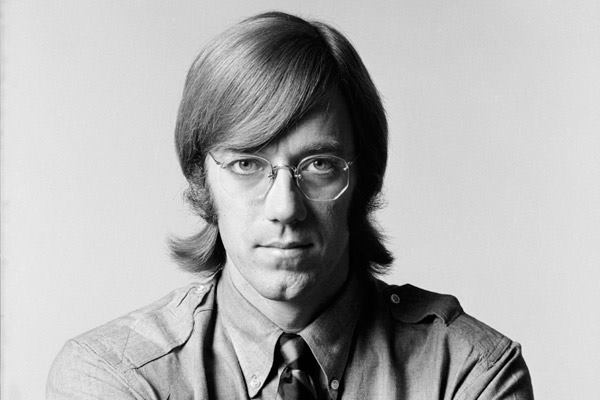
Retro ACTIVE Critiques: Remembering Ray Manzarek: The Great Orator

Remembering Ray Manzarek of the Doors — and the Band's Crucial
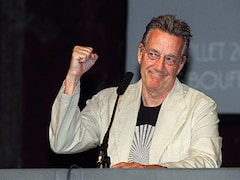
Ray Manzarek, keyboardist and founding member of 'The Doors' dies
de
por adulto (o preço varia de acordo com o tamanho do grupo)
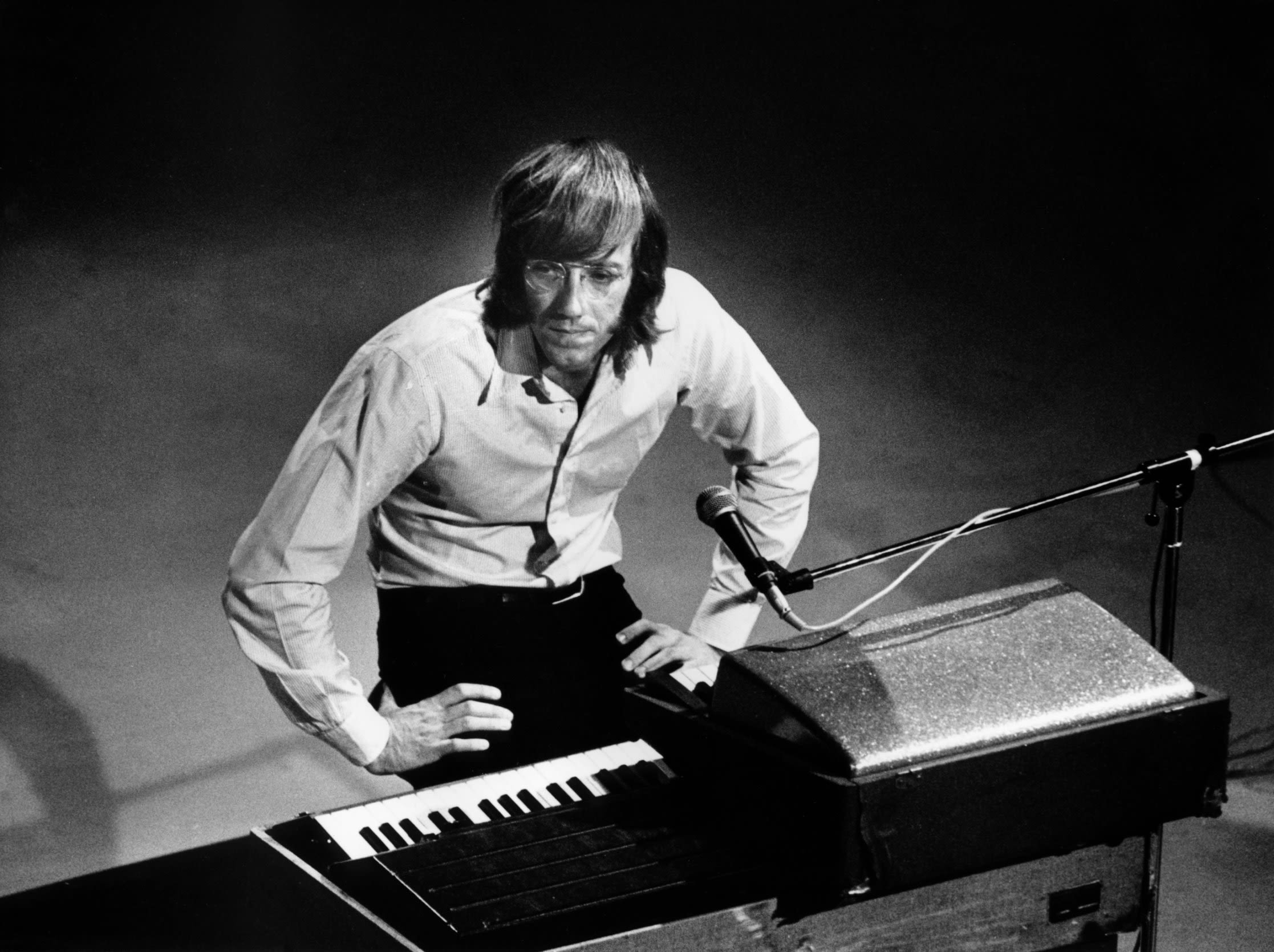

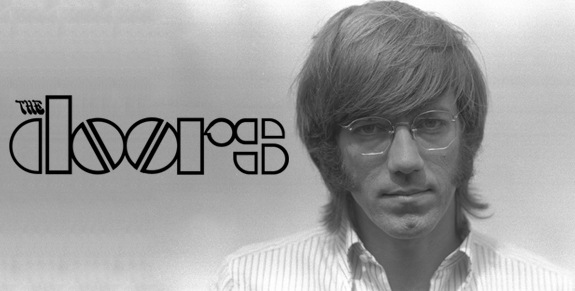



/i.s3.glbimg.com/v1/AUTH_08fbf48bc0524877943fe86e43087e7a/internal_photos/bs/2023/C/h/JysKEBTVGeyJYqP4BawA/imagem-2023-03-29-163607177.png)
